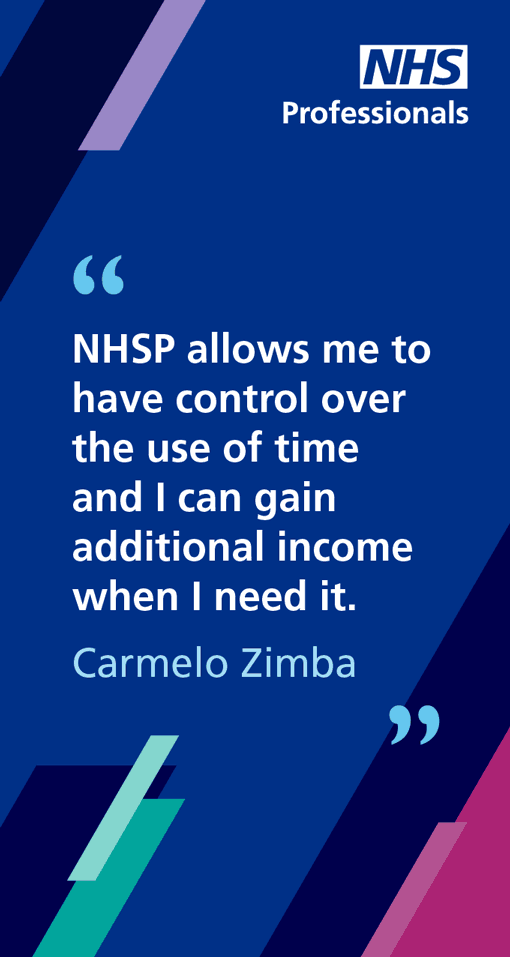|
|



The NHS is on track to eliminate Hepatitis C by 2025 thanks to a pioneering drug deal and a concerted effort to find people at risk, which is helping dramatically cut deaths five years ahead of global targets.
Following a five-year contract worth almost £1bn to buy antiviral drugs for thousands of patients, deaths from Hepatitis C – including liver disease and cancer – have fallen by 35%. That improvement in outcomes means the NHS has exceed the World Health Organisation’s target of 10% by more than three-fold, putting England in pole position to be among the first countries in the world to eliminate the virus as a public health concern.
But securing new treatments is only one part of the success story. Through dedicated ‘find and treat’ programmes, delivered in partnership with charities like St Mungo’s, the NHS has been successful in driving down cases of Hep C amongst vulnerable communities. People who have experienced homelessness often do not have regular contact with health services, and as a result suffer from worse health outcomes than the general population. The NHS is working with partners to ensure no one is left behind in the fight against Hepatitis C, and as part of the outreach programmes, teams have been working together to provide same-day screenings for people who have been historically hard to reach and treat. Those patients who test positive are then supported to access and complete a full course of treatment.
The ground-breaking NHS initiative on Hepatitis C has helped find and cure 70,000 people of the potentially fatal disease, and drastically reduced the number of people seeking liver transplants due to Hepatitis C. Within six years, the number of people seeking liver transplants due to the virus is down by two-thirds and the number of annual registrations for a liver transplant in patients with Hep C related diseases reduced from over 140 per year to less than 50 per year in 2020.
This figure is expected to be even lower in 2022 and the NHS is now on track to eliminate Hepatitis C five years before the WHO’s overall 2030 target. People in the most deprived communities have seen the biggest benefit, with 80% of treatments provided to the most deprived half of the population.